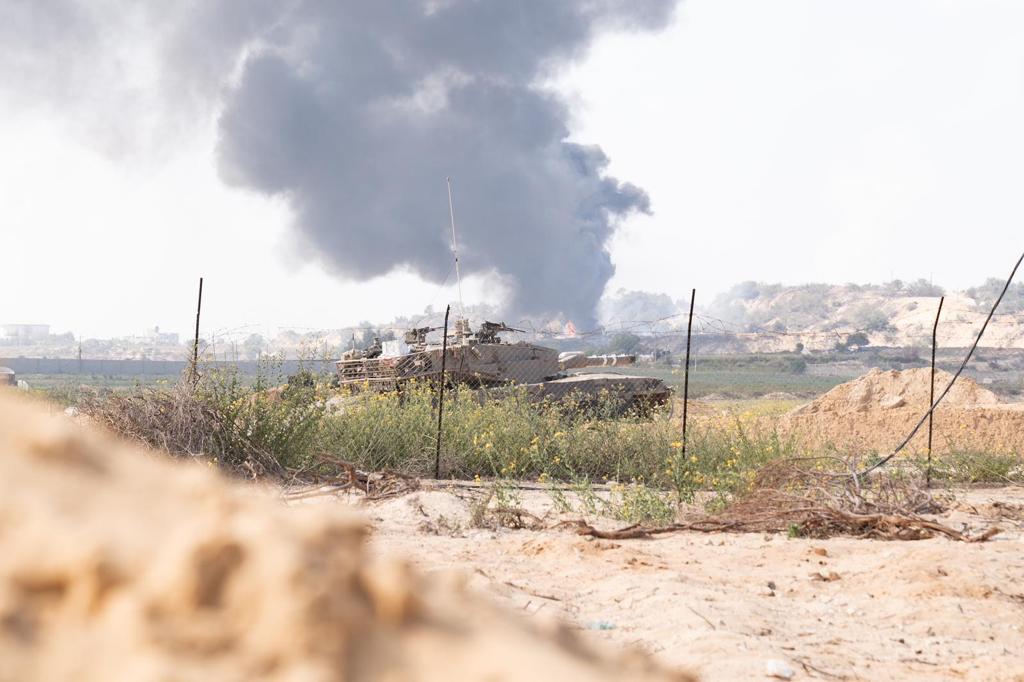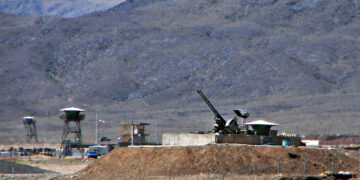April 30, 2024
The anatomy of an Israel-Hamas hostage deal

In February, Secretary of State Antony Blinken traveled to the Middle East for meetings in Saudi Arabia, Qatar, Egypt, Israel and the West Bank. The central purpose of that trip was to hammer out a cease-fire and hostage release deal between Israel and Hamas in Gaza, which President Joe Biden’s administration hoped would stop the violence and ultimately boost the prospects of a normalization accord between Israel and Saudi Arabia. The mission failed.
Nearly three months later, Blinken is in the region again to do pretty much the same thing. Much has changed. For one, Israel and Iran have taken shots at each other, with Iran sending attack drones, cruise missiles and ballistic missiles toward Israel earlier this month in retaliation for Israel’s bombing of an Iranian diplomatic facility in Syria. (Israel responded by striking an Iranian air defense system in central Iran days later.) The tit-for-tat between Israel and Hezbollah in southern Lebanon has heated up over the last week, with both increasing the range of their attacks. Israel’s military, meanwhile, is preparing for an offensive in Rafah, a city on the Gaza-Egypt border that is the last refuge for more than 1 million Palestinian refugees displaced from their homes.
One thing that has remained fairly consistent during this time is the lack of formidable progress on the diplomatic track. Israeli and Hamas negotiators, working through the United States, Qatar and Egypt, have spent the last five months trading proposals for a hostage release deal. The talks have been the diplomatic equivalent of a full-mouth root canal. Despite striking a cessation of hostilities in late November that allowed for an exchange prisoners for hostages, the two have no reason whatsoever to trust each other and every reason to stick with their bottom-line demands. For Israel, this means the release of every one of the approximately 130 remaining hostages in Gaza and the total defeat of Hamas as an organization. For the Palestinian militant group, this means Israel stopping the war for good and pulling its troops out of Gaza. Until one or both moderate those demands, the negotiating track will continue to drag out.
More on Middle East

Featuring Rosemary Kelanic
October 16, 2025
Featuring Daniel Davis
October 15, 2025
Events on Middle East







